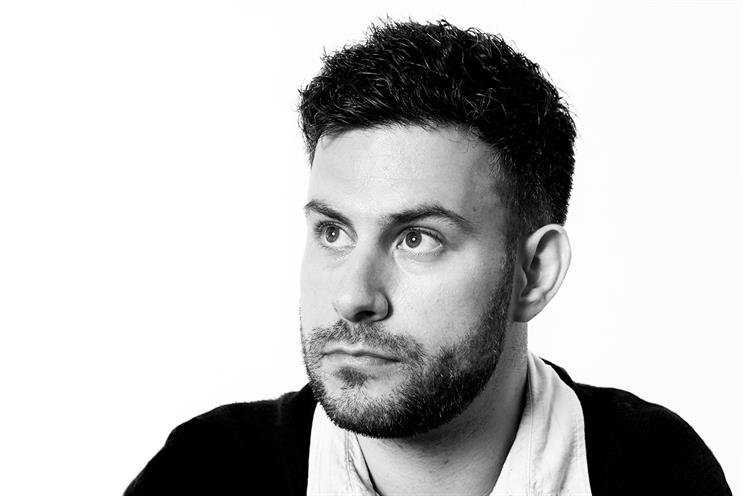Hey, what’s up? ASL?
You have to be a certain age to understand what "ASL" means. You see, back in olden times, we only had primitive chat programs such as ICQ and MSN Messenger. Because so few of our friends at school (and certainly not our parents) used the internet to idly chat – it meant tying up the phone line – we sought conversation with complete strangers. Plus, there were only five channels on TV.
In this bygone era, social media used to be subversive and experimental, because so few people were "on" it. You had to seek out people to talk to and would run into disparate people around the world because most kids were reliant on using the family computer to access the web.
Unlike 20 years ago, social media is now a ubiquitous tool that even our grandparents are using every day. Thanks to Facebook, these days it’s a never-ending reunion party full of people you love, had forgotten about and secretly hate but don't want to admit it.
This completely changed the game for how people trust what they see on social media. Before, you knew you were communicating with strangers on a one-to-one basis; even if you were trying to trick someone by spreading fake news or doctored videos, your audience was only one person who may have been sceptical about you in the first place. Now that we’re all friends and family, and we broadcast our content to all of them at once, there is a greater potential to hoodwink people.
So when Facebook refuses to remove an obviously fake video in which US speaker of the house Nancy Pelosi is doctored to make her appear drunk while on the job, they are making a political decision (Google-owned YouTube, meanwhile, removed the video).
I don’t mean a political decision in terms of favouring Pelosi’s political opponents (Donald Trump and the Republicans); but it's a choice that reflects deeper attitudes by mostly young, privileged Americans about how far they should go in protecting vulnerable people online.
Facebook itself says: "There’s a tension here: we work hard to find the right balance between encouraging free expression and promoting a safe and authentic community, and we believe that reducing the distribution of inauthentic content strikes that balance. But just because something is allowed to be on Facebook doesn’t mean it should get distribution. In other words, we allow people to post it as a form of expression, but we’re not going to show it at the top of news feed."
The spreader of the fake video, a right-wing propaganda machine innocently titled Politics Watchdog, refuses to remove the video with a pithier rationale: "It’s a free country."
Free, perhaps, but certainly not safe if fraud and deception are allowed to spread like wildfire, as this video and its 2.8 million views (so far) have done.
Some, like neuroscientist and philosopher Sam Harris, have questioned why the social media barons have deigned to enter into this debate at all. On Harris’ recently, he pressed Twitter founder and chief executive Jack Dorsey on why he doesn’t just allow anything on the platform and plant his flag firmly in the US First Amendment commitment to freedom of expression.
Dorsey argued that "the spirit of our policies and our rules are exactly that", before admitting that Twitter cannot be a "neutral, passive platform any more" because bad actors are using social media to threaten violence.
But, as the Pelosi example shows, clinging to a libertarian stance is doing more than allowing death and rape threats to go unchecked. Libertarian attitudes, by design, reject interventionist measures to create a level playing field, and as a consequence these tend to favour the interests of the wealthy.
People who are working two jobs just to make ends meet can be forgiven for not having a Wall Street Journal subscription. Last year, we learned, for example, that . At the same time, quality media – our frontline against fraud and misinformation in public life – is becoming increasingly closed off behind paywalls.
So by deciding not to intervene, free-to-access social media companies are making it much more likely that poorer people are the ones who will suffer the most.
By not taking action to remove obvious misinformation and fake news that is clearly not intended to be satire, social media companies are favouring corporate interests and the privileged. You can agree or disagree with it, but it’s a political decision either way.
So whose side are social media companies really on, then?



